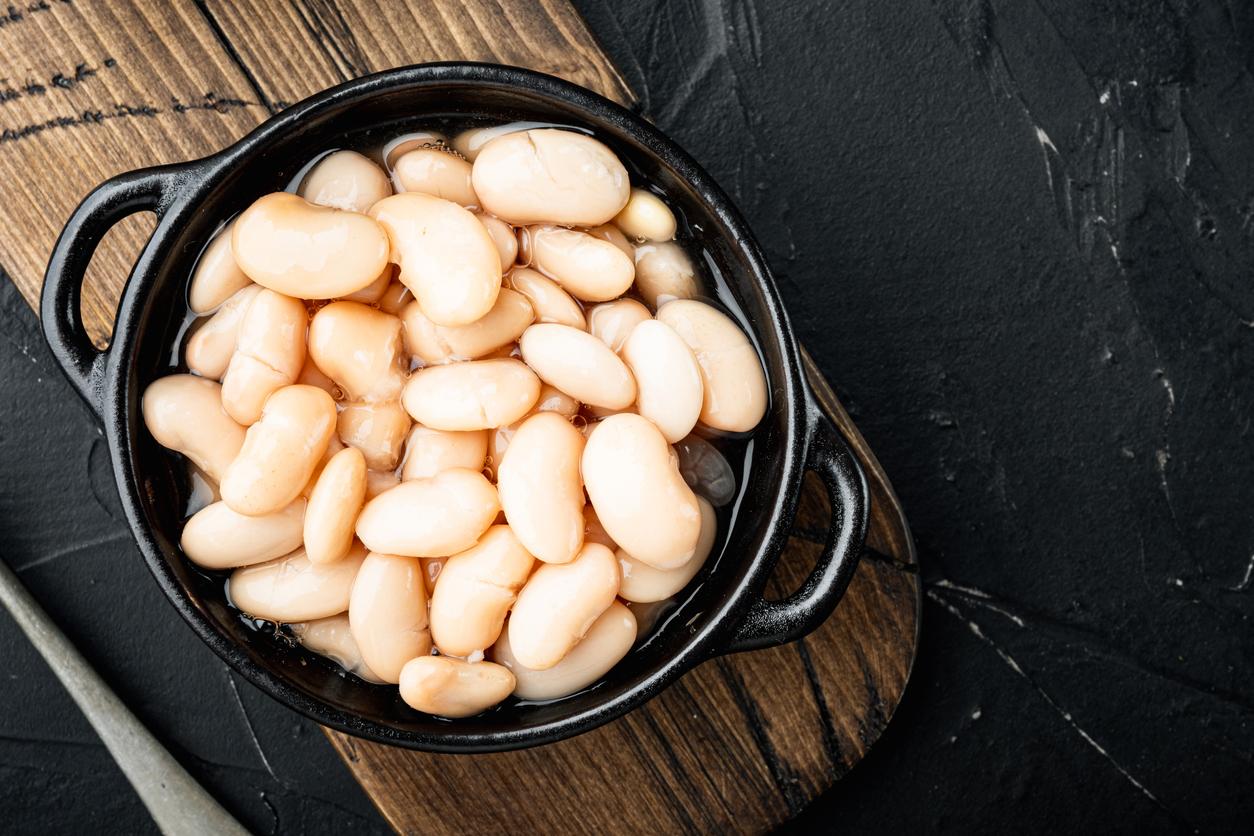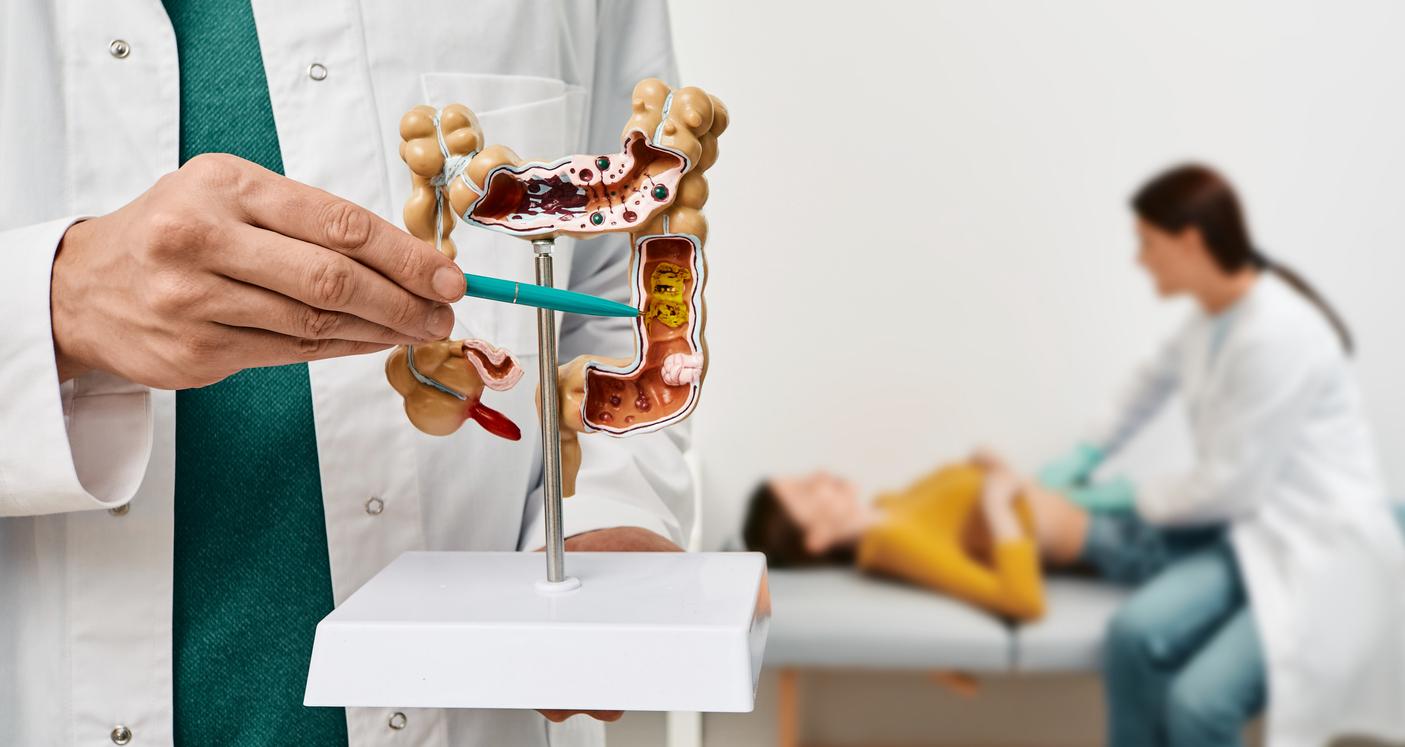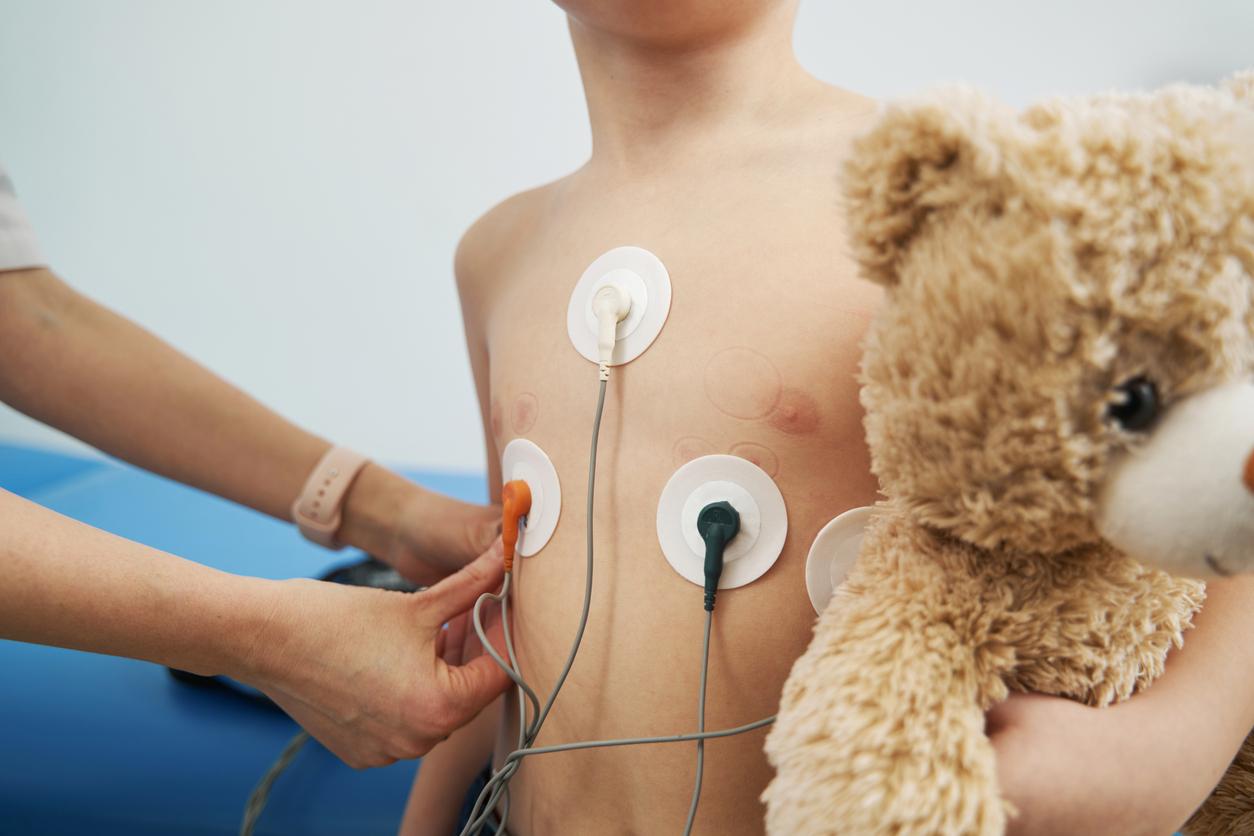Even when they are short, intensive physical activity sessions can regress colon cancer.

A short but intense bout of physical exercise helps fight the growth of colon cancer (or colorectal cancer), according to new research published in the Journal of Physiology. As trial director James Devin and his team explain, previous research had already shown that exercising over a long period of time could help fight cancer. Here it appears that even short sessions are effective.
Increased inflammation
To elucidate the mechanisms involved, the researchers divided people with colorectal cancer into two groups: the first followed a session of high-intensity physical activity (HIIT), the second 12 sessions over a month. Blood samples were regularly taken from all participants.
Conclusion: “we have shown that exercise can play a role in inhibiting the growth of colon cancer cells. After an intensive session, there was an increase in inflammation, which could have contributed” to this development, explains James Devin. “This suggests that a physically active lifestyle may play an important role in the fight against colorectal tumors,” he concludes.
Second deadliest cancer
In addition to physical activity and depending on the stage of the cancer, several treatments can be offered: surgery alone in the event of a very localized lesion, surgical treatment with lymph node dissection and adjuvant chemotherapy when the disease has reached the lymph nodes, and surgery colon and metastasized organs in case of metastases. The latter may be followed or preceded by chemotherapy or even targeted therapy.
Each year in France, 43,000 new cases of colorectal cancer are diagnosed. Health authorities estimate that four out of 100 men and three out of 100 women will develop colorectal cancer in their lifetime before the age of 75. It is the second deadliest cancer with nearly 17,500 deaths per year, but if caught early it is curable in 9 out of 10 cases.
Screening from 50 years old
Three screening methods for colorectal cancer are recommended from the age of 50:
– Stool analysis, to be done every year.
– Sigmoidoscopy, to be done every 5 years.
– Colonoscopy, to be done every 10 years.

.















